Jakarta, MINA – Executive Director of Indonesia Halal Watch (IHW) Dr. H. Ikhsan Abdullah, has considered that the product and halal industry issues must be the politics and policies of the state in order to become a pillar of the national economy.
“The government must be a leader in this sector, which so far the private sector is even more dominant and aggressive,” he told MINA in Jakarta, Tuesday (10/30).
Ikhsan’s statement came following the creation of the master plan and roadmap of the Islamic Finance National Committee (KNKS).
The KNKS was launched by the government on July 27, 2017, through Presidential Regulation Number 91 of 2016 concerning the National Islamic Finance Committee. The committee led directly by the President of the Republic of Indonesia, Joko Widodo and the Vice President of Indonesia Jusuf Kalla. The aim is to develop the potential as well as answer the challenges of sharia finance and economics in Indonesia.
Also Read: Targeting Al-Quds Hospital would be War Crime
Ikhsan said that in an effort to drive the economic potential based on products and halal industry, there must be a state policy that integrates to the Islamic financial industry with halal products and industries.
Both must have a synergistic and beneficial relationship. And the relationships that must be built can be a role model for the development of Islamic economic and financial products and halal industries.
He added, Indonesia has had the experience of building this relationship, when the MUI and academics worked together to build LPPOM MUI which was agreed by the Government at that time. And the results can be enjoyed by all people
National Islamic banking must be able to function and dedicate financing to the industrial sector of MSMEs and business people and the halal industry.
Also Read: Bank Syariah Indonesia Optimizes MSME Financing
So that this entity can grow and develop to fill the domestic market which can be pushed into potential export products.
Islamic banking financing instruments must be developed so as not to just exist but must contribute to encourage and mobilize the Indonesian economy.
According to the Ministry of Communication and Informatics report that Indonesia is the country with the largest number of Islamic financial institutions in the world with more than 5,000 institutions consisting of 34 Islamic Banks, 58 Takaful or Sharia insurance operators, 7 Sharia Venture Capital, 163 Sharia Rural Banks, 4,500-5,500 Sharia Cooperatives or Baitul Maal wat Tamwil, and a sharia pawnshop institution. (T/Sj/RS5)
Mi’raj News Agency (MINA)
Also Read: Bank Syariah Indonesia-Dubai Islamic Bank Explores Global Sukuk Cooperation






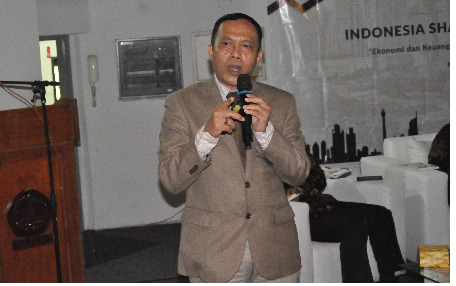




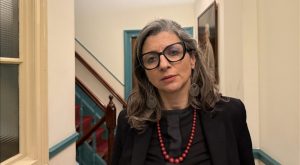


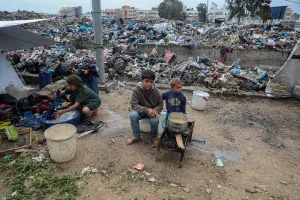
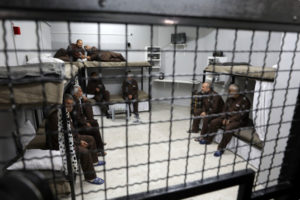
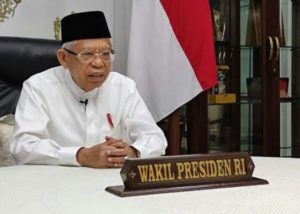

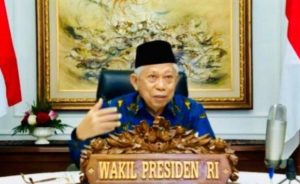
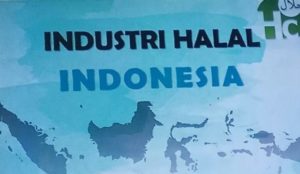

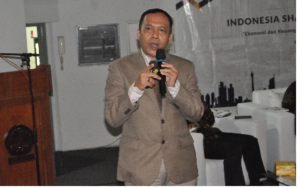



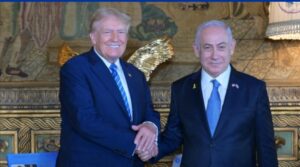
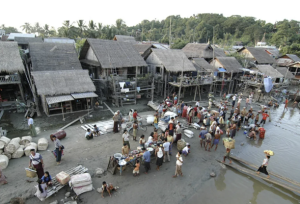



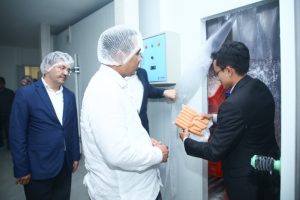
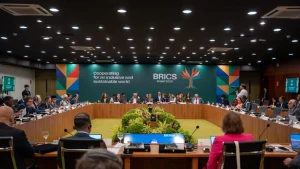

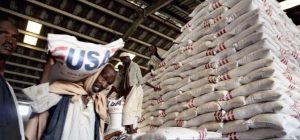



 Mina Indonesia
Mina Indonesia Mina Arabic
Mina Arabic